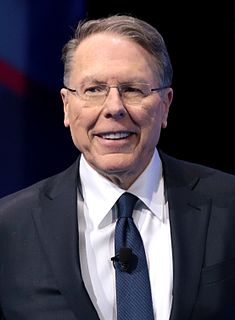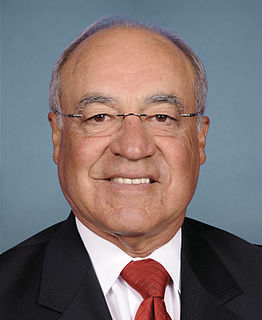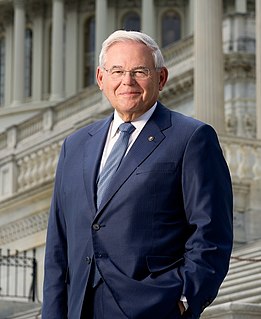A Quote by Wayne LaPierre
As members of the oldest civil rights organization in the nation, NRA members know tyranny when we see it.
Related Quotes
There is a moral virtue, a moral fidelity, ability and honesty, which other men, besides church members, are, by good nature and education, by good laws and good examples nourished and trained up in; so that civil places and trust and credit need not be monopolized into the hands of church members (who sometimes are not fitted for public office), while all others are deprived and despoiled of their natural and civil rights and liberties.
Any group or "collective," large or small, is only a number of individuals. A group can have no rights other than the rights of its individual members. In a free society, the "rights" of any group are derived from the rights of its members through their voluntary individual choice and contractual agreement, and are merely the application of these individual rights to a specific undertaking... A group, as such, has no rights.
No organization can depend on genius; the supply is always scarce and unreliable. It is the test of an organization to make ordinary people perform better than they seem capable of, to bring out whatever strength there is in its members, and to use each person's strength to help all the other members perform.
One way Great Teams can share their visions is by creatively laying out their plans and visions, creating a road map for its members to follow. A Great Team outlines expectations for all members of an organization and for the organization as a whole. This clear-cut set of objectives - a road map - enables the organization to set benchmarks and goals and ultimately to lay the foundation for its own success.
Jim Jones started out as a civil rights crusader in Indianapolis. As a young preacher in the mid-50s, he used members of his congregation to integrate lunch counters and all-white churches in rich neighborhoods; they'd just march in and sit down at the pews and see what happened. Often they were received with racist insults, and once with a bomb threat. But the fact that you had this charismatic, white man, aggressively promoting racial equality, was a huge draw for African Americans, many of whom felt the Civil Rights Movement had stalled by the late 60s.




































